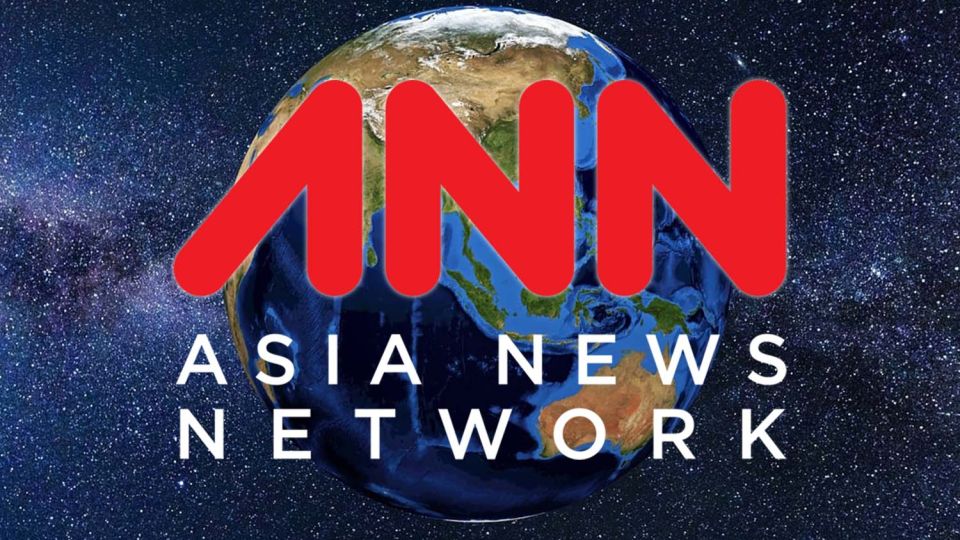October 10, 2024
JAKARTA – President Joko “Jokowi” Widodo has committed a foreign policy blunder with his decision to stay away from this week’s series of ASEAN summits in Vientiane. Indonesia is not only the largest ASEAN member, but it is also the country most committed to the group and his conspicuous absence will diminish the summits’ significance. Other leaders present will take note and may skip the next meetings.
Jokowi’s absence undermines Indonesia’s claim that ASEAN is the cornerstone of its foreign policy, a mantra our diplomats never tire of reciting. If ASEAN is that important to Indonesia, the President should be on the front line to prove it.
Instead, he has dispatched Vice President Ma’ruf Amin to represent him at the summits of the 10-member ASEAN, the ASEAN-Plus-Three summit with China, Japan and South Korea, and the East Asia Summit comprising 18 members including China, the United States and Russia. With all due respect to Ma’ruf, he has little experience of ASEAN summits and limited diplomatic skills to represent Indonesia effectively.
We do not buy the Presidential Office’s excuse that Jokowi is preoccupied with preparations for the Oct. 20 changeover of government. It is more a reflection of the low priority he attaches to foreign policy. Going to Laos would have been a fitting occasion for him to bid farewell and thank his fellow leaders, as it would have been his last summit.
That Indonesia’s foreign policy did actually shine in the 10 years of his presidency is credit to Foreign Minister Retno LP Marsudi. On many issues, including the latest one on the Gaza war, Retno, rather than Jokowi, has been the public face of Indonesia for the international community. But there is only so much that a foreign minister can do. The President should have been more active and supportive.
Given ASEAN’s declared importance to its foreign policy, no Indonesian president should stay away from the group’s summits, lest the country forfeit the right to lead the association. No other country is better positioned to lead, something that the other nine members, and much of the global community, recognize and accept. While the ASEAN chairmanship is rotated annually between members, there is the expectation that Indonesia will provide the constant leadership.
Indonesia has already built the diplomatic credentials to lead ASEAN. Many initiatives, from the ASEAN Community and the Indo-Pacific Outlook, to the peace process in Cambodia three decades ago, and more recently the five-point peace plan for Myanmar, have come from Jakarta. But the time has come for Indonesia to do more.
Now a middle global power with strong aspirations to play a larger role in international diplomacy, Indonesia could use the ASEAN vehicle to further its and regional national interests, and even the interests of the Global South, another group that is in search of a leader. ASEAN leadership is there for Indonesia to seize. What are we waiting for?
We often criticized the US presidents, from Clinton and Bush to Obama, Trump and Biden for staying away from ASEAN-hosted summits, sometimes not even a vice president but only a ministerial-level delegation. In Laos this week, it is US Secretary of State Antony Blinken. But Washington and other countries do not attach as much importance to ASEAN as Indonesia does.
Jokowi’s absence is not that big a loss for Indonesia’s foreign policy. His successor Prabowo Subianto has already made a great impression as a president who will have an understanding of foreign policy and will pay more attention to it. Since his victory in the presidential race was announced in March, he has visited more than a dozen countries, including China, Japan, France, Russia and Australia, not only as Jokowi’s defense minister but also as the incoming president.
We look forward to watching how Indonesia’s foreign policy, and particularly its ASEAN policy, evolves under president-elect Prabowo.


